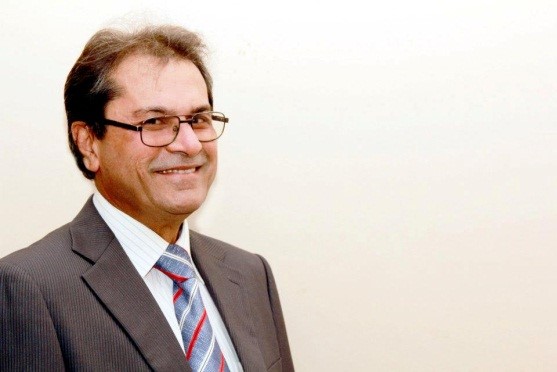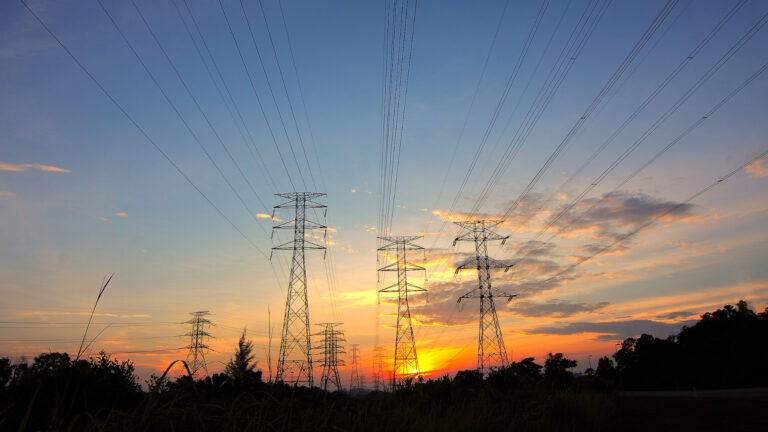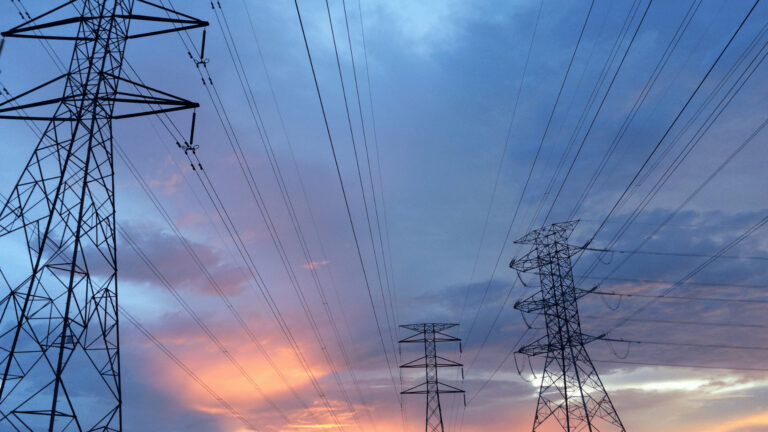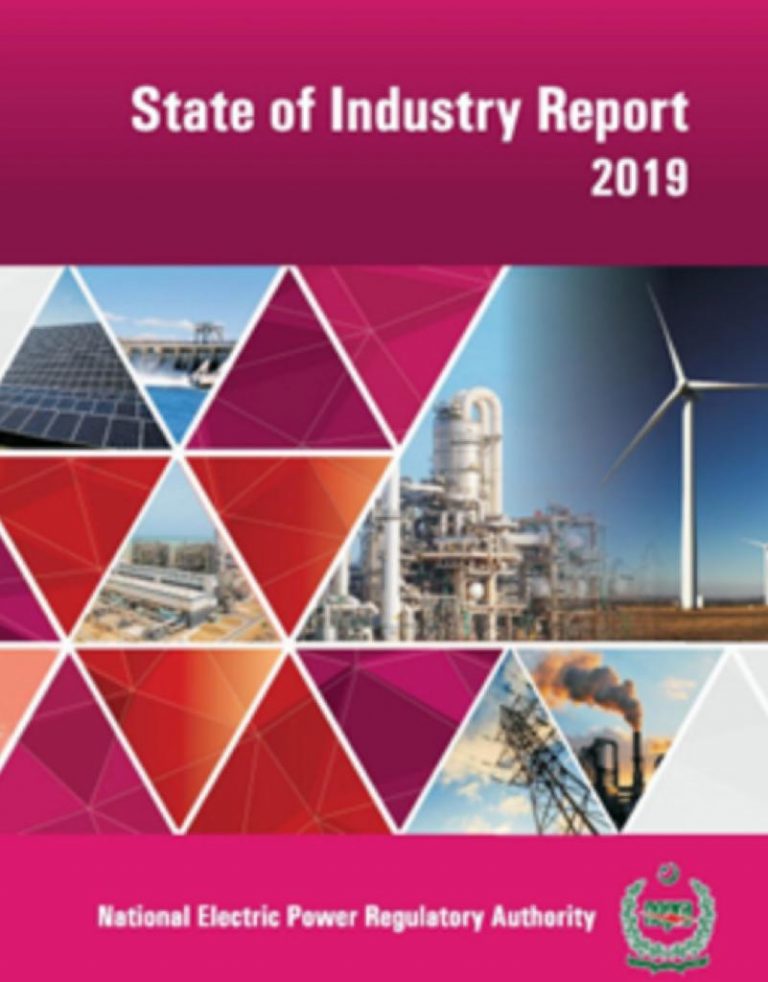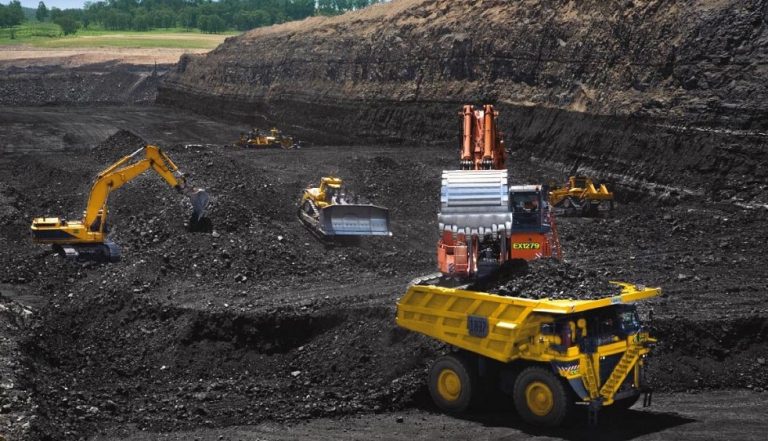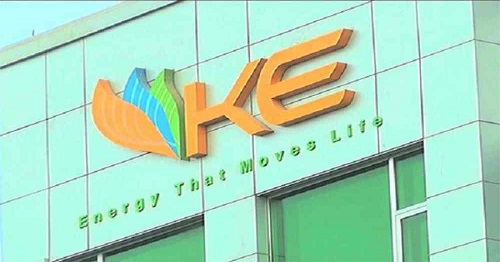New Renewable Policy promises One Window Facility
Faiz Bhutta
The government has finally approved Renewable Energy Policy 2019 (now it may be called Renewable Policy 2020). Council of Common Interest (CCI) approved after a long debate amongst stakeholders, including provinces.
I can say with confidence that this time consultation was much at a larger stage than before. Moreover, Policy almost satisfies the stakeholder’s interests. The policy will be better and better if it is renewed on and continuous basis.
The policy has major features as under,
1. Policy has set a very ambitious target of 20% by 2025 and 30% by 2030.
2. IGCEP ( Indicative Generation capacity Expansions Plan 2019) by NTDC will have priority in determining the addition, displacement, and replacement of Alternate and Renewable Projects (AREPs).
3. Policy includes reliability, affordability, standards, Indigenous development, Transparency, Quality. Also, it covers the displacement of projects with more efficient projects and skill development.
4. Policy has emphasized changing the role of AEDB from passive to Pro-active roles.
5. Projects procurement under the policy will now be auction-based competitive bidding for all solicited projects. For Unsolicited and G2G projects, new technology and strategic importance and neglected areas will be the driving factors in decisions making for such projects. Provinces can propose Unsolicited and G2G projects.
Provinces allowed to develop projects
6. Under Article 157 of the Constitution of Pakistan, the government has allowed provinces to develop their own generation projects. Furthermore, they can lay transmission lines and distribute energy, and set their own tariff within the boundary of their provinces.
READ Renewable Policy 2019 approved
Provinces are free to institute their own policies where the federal government neither the Power off-take nor NTDC/Disco provides the interconnection. The contract in such cases shall be directly between the Provincial Government or its agencies without the financial or contractual commitment of the federal government or any of its entities.
7. Provinces will have their share in Steering Committee to make decisions acceptable to all provinces. Steering Committee will set up bidding procedures and documentation. The provinces Bidding Committee will complete the tendering process and declare the winning party. And then AEDB on behalf of the Federal Government will execute contract signing and execute guarantees and warranties. Moreover, Provincial Bidding Committee will have one member from AEDB.
Investment Friendly Policy
8. Policy is investor-friendly and promises one window operation.
9. Policy has emphasized Distributed Energy Generation along with On-grid systems deployments.
10.Moreover, the government has given priority to local manufacturing priority and offers incentives to boost local manufacturing. Meanwhile, AEDB will be a watchdog for such incentives. Moreover, it will collaborate with EDB, FBR, and Trade and Industry Chambers for such incentives.
11. In ON-grid systems deployment, policy incentives will not for government Owned Utilities and DISCOs but private Utilities also.
12. Additionally, Policy has emphasized the displacement of expensive thermal technologies where the likelihood of the Generation cost as little as possible.
13. Nepra will determine tariffs in Pak Rupees, and indexation formulas will be available for calculations. The government has also allowed bidders to suggest their own indexation.
14. Policy includes new capacity additions, displacement, and replacement projects.
Strategic Document
The policy is the strategic document and for its translation and operationalization. The government should develop policy guideline, manuals and Leaflets to explain further the points given in the policy. It should explain 20% and 30% RE targets in Guideline with sector-wise allocations to measure performance.
READ PML-N Renewable Policy halts work on 146 projects
The sectors include solar, wind, hydro, Bio-energy, Tidal and geothermal). The background chapter of Policy misses achievements and what the government did not achieve in RE policy 2006. It also misses the causes for not achieving the targets. Similarly, the government should give the same background in the next review of the Policy.
AEDB should now promote this policy aggressively through media to stimulate the investor’s interests and compensate for the previous delays that occurred because of delay in new policy approval. The overall policy is excellent and meets almost all the requirements of the Renewable Energy Industry.


